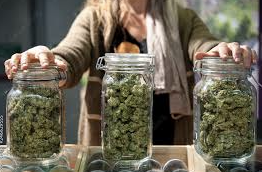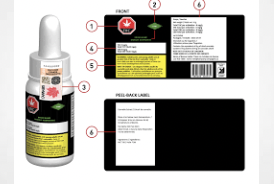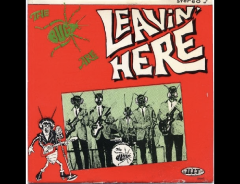Democratic congressional members, emboldened by a freshman class that put their party in control of the U.S. House of Representatives, have pressed fast-forward on introducing progressive legislation. The Green New Deal is one example. Legalization of recreational marijuana from sea to shining sea is another.
New Jersey Sen. Cory Booker has reintroduced the Marijuana Justice Act, which he first proposed in 2017. It legalizes marijuana at the federal level, among many other sweeping changes. The chances of it passing Congress and becoming law are approximately zero — Republicans still hold a majority in the U.S. Senate and President Trump has a veto — but it should at least get a full hearing in the Democratic-controlled House. California Representatives Barbara Lee and Ro Khanna have introduced the act in the House.
Support for the Marijuana Justice Act.
Booker’s reintroduction of the Marijuana Justice Act has led to a remarkable moment in American history: a handful of presidential candidates have joined Booker in supporting national legalization of marijuana and signed on as co-sponsors of the bill. They include the following senators: Kirsten Gillibrand of New York, Bernie Sanders of Vermont, Kamala Harris of California and Elizabeth Warren of Massachusetts, (D-MA). The only senator running for the nomination who hasn’t sponsored the bill is Amy Klobuchar of Minnesota.
That’s remarkable considering just five years ago, only Colorado and Washington had legal recreational marijuana sales and no presidential candidates supported legalization nationwide.
What does the Marijuana Justice Act do?
Booker’s bill goes much farther than any other proposal at the federal level. It accomplishes three main goals:
- Removes marijuana from Schedule 1 of the Controlled Substances Act, where it’s been listed since the early 1970s, along with heroin and cocaine.
- Automatically expunges convictions for those who served time in federal prison for marijuana use or possession offenses. Those serving time would get a resentencing hearing “as if this Act, and the amendments made by this Act, were in effect at the time the offense was committed.”
- States determined by the U.S. Attorney General to have a “disproportionate arrest rate or a disproportionate incarceration rate for marijuana” will face elimination of funds for the building of prisons or jails and a 10 percent reduction in other crime-related federal funding.
- Those withheld funds would be used to establish a $500 million Community Reinvestment Fund administered by the Department of Housing and Urban Development to award grants to communities hurt most by the War on Drugs. Grants could fund job training, public libraries, community centers, youth programs and health education.
That’s pretty much the definition of “sweeping changes.” But it shows a strong commitment to ending and repairing the damage caused by the War on Drugs, at least where marijuana is concerned. In a news release on the Marijuana Justice Act, Booker said, “The War on Drugs has not been a war on drugs, it’s been a war on people, and disproportionately people of color and low-income individuals.”
Follow dispensaries.com on Instagram to stay up to date on the latest cannabis news.
Source Page: https://www.greenentrepreneur.com/article/330121


















